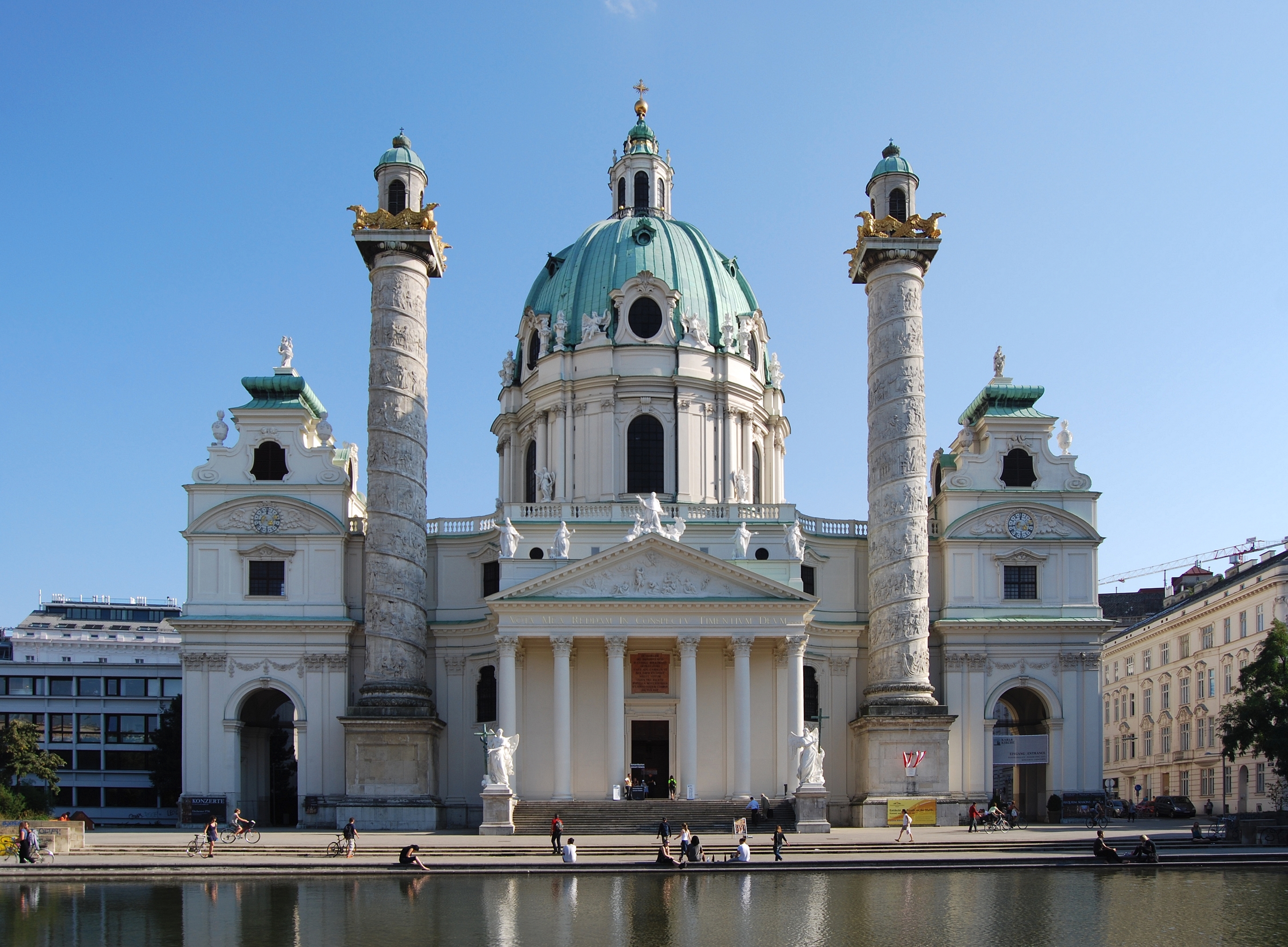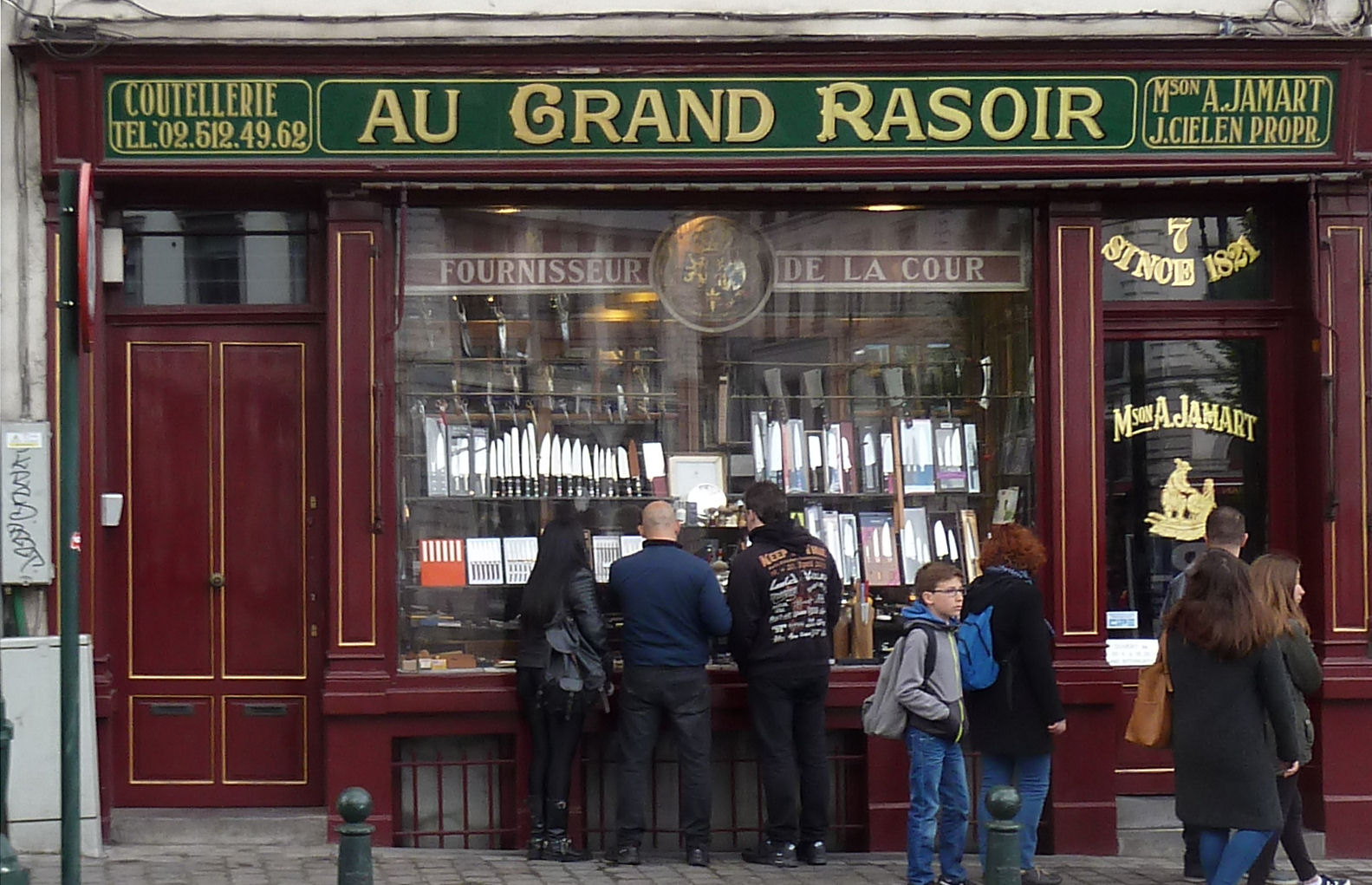|
Carl Dörr
Carl Dörr was a piano manufacturer in Wieden, Vienna, Austria. History It was founded by Daniel Dörr (1788–1837) in 1817 in Vienna. His son Wilhelm Dörr I took the business over afterwards. Carl Dörr (1856–1934) succeeded as head of the company in 1882. For the excellence of the products he received a medal at the Weltausstellung 1873 Wien. He was awarded an imperial and royal warrant of appointment to the Emperor and King of Austria-Hungary Austria-Hungary, often referred to as the Austro-Hungarian Empire,, the Dual Monarchy, or Austria, was a constitutional monarchy and great power in Central Europe between 1867 and 1918. It was formed with the Austro-Hungarian Compromise of .... References Piano makers Piano manufacturing companies of Austria Musical instrument manufacturing companies based in Vienna Purveyors to the Imperial and Royal Court Wieden {{austria-company-stub ... [...More Info...] [...Related Items...] OR: [Wikipedia] [Google] [Baidu] |
Wieden
Wieden (; Central Bavarian: ''Wiedn'') is the 4th municipal district of Vienna, Austria (german: 4. Bezirk). It is near the centre of Vienna and was established as a district in 1850, but its borders were changed later. Wieden is a small region near the city centre. Wien.gv.at webpage (see below: References). After World War II, Wieden was part of the Soviet sector of Vienna for 10 years. __TOC__ History The name Wieden was first recorded in 1137, and is thus the oldest '' Vorstadt'' (former municipality within the ''Linienwall'') of Vienna. The main street ( Wiedner Hauptstraße) is certainly even older. The district was the site of the former royal Summer residence, which was completed under Ferdinand II, and was expanded many times until Maria Theresa sold it to the Jesuits. Today it is the Theresianum, a prestigious private boarding school, while the Diplomatic Academy of Vienna resides in a wing of the building. In the beginning of the 18th century, the development o ... [...More Info...] [...Related Items...] OR: [Wikipedia] [Google] [Baidu] |
Weltausstellung 1873 Wien
The 1873 Vienna World's Fair (german: Weltausstellung 1873 Wien) was the large world exposition that was held in 1873 in the Austria-Hungary, Austria-Hungarian capital Vienna. Its motto was "Culture and Education" (). History As well as being a chance to showcase Austro-Hungarian industry and culture, the World's Fair in Vienna commemorated Franz Joseph I of Austria, Franz JosephI's 25th year as emperor of Austria, emperor. The main grounds were in the Prater, a park near the Danube River, and preparations cost £23.4 million. It lasted from May 1st to November 2nd, hosting about 7,225,000 visitors. Facilities There were almost 26,000 exhibitors housed in different buildings that were erected for this exposition, including the ''Rotunde, Rotunda'' (), a large circular building in the great park of Prater designed by the Scottish engineer John Scott Russell. (The fair Rotunda was destroyed by fire on 17 September 1937.) Russian pavilion The Russian pavilion had a naval section des ... [...More Info...] [...Related Items...] OR: [Wikipedia] [Google] [Baidu] |
Royal Warrant Of Appointment
Royal warrants of appointment have been issued for centuries to tradespeople who supply goods or services to a royal court or certain royal personages. The royal warrant enables the supplier to advertise the fact that they supply to the issuer of the royal warrant; thus lending prestige to the supplier. Royal families of the United Kingdom, the Netherlands, Belgium, Luxembourg, Monaco, Denmark, Sweden, and Japan among others, allow tradesmen to advertise royal patronage. Suppliers having a royal warrant charge for the goods and services supplied; a royal warrant does not imply that suppliers provide goods or services free of charge. Royal warrants are typically advertised on company billboard, hoardings, letter-heads and products by displaying the coat of arms or the heraldic badge of the royal personage issuing the royal warrant. Warrants granted by members of the British royal family usually include the phrase "By Appointment to…" followed by the title and name of the royal cu ... [...More Info...] [...Related Items...] OR: [Wikipedia] [Google] [Baidu] |
Austria-Hungary
Austria-Hungary, often referred to as the Austro-Hungarian Empire,, the Dual Monarchy, or Austria, was a constitutional monarchy and great power in Central Europe between 1867 and 1918. It was formed with the Austro-Hungarian Compromise of 1867 in the aftermath of the Austro-Prussian War and was dissolved shortly after its defeat in the First World War. Austria-Hungary was ruled by the House of Habsburg and constituted the last phase in the constitutional evolution of the Habsburg monarchy. It was a multinational state and one of Europe's major powers at the time. Austria-Hungary was geographically the second-largest country in Europe after the Russian Empire, at and the third-most populous (after Russia and the German Empire). The Empire built up the fourth-largest machine building industry in the world, after the United States, Germany and the United Kingdom. Austria-Hungary also became the world's third-largest manufacturer and exporter of electric home appliances, ... [...More Info...] [...Related Items...] OR: [Wikipedia] [Google] [Baidu] |
Piano Makers
The piano is a stringed keyboard instrument in which the strings are struck by wooden hammers that are coated with a softer material (modern hammers are covered with dense wool felt; some early pianos used leather). It is played using a musical keyboard, keyboard, which is a row of keys (small levers) that the performer presses down or strikes with the fingers and thumbs of both hands to cause the hammers to strike the strings. It was invented in Italy by Bartolomeo Cristofori around the year 1700. Description The word "piano" is a shortened form of ''pianoforte'', the Italian term for the early 1700s versions of the instrument, which in turn derives from ''clavicembalo col piano e forte'' (key cimbalom with quiet and loud)Pollens (1995, 238) and ''fortepiano''. The Italian musical terms ''piano'' and ''forte'' indicate "soft" and "loud" respectively, in this context referring to the variations in volume (i.e., loudness) produced in response to a pianist's touch or pressure on ... [...More Info...] [...Related Items...] OR: [Wikipedia] [Google] [Baidu] |
Piano Manufacturing Companies Of Austria
The piano is a stringed keyboard instrument in which the strings are struck by wooden hammers that are coated with a softer material (modern hammers are covered with dense wool felt; some early pianos used leather). It is played using a musical keyboard, keyboard, which is a row of keys (small levers) that the performer presses down or strikes with the fingers and thumbs of both hands to cause the hammers to strike the strings. It was invented in Italy by Bartolomeo Cristofori around the year 1700. Description The word "piano" is a shortened form of ''pianoforte'', the Italian term for the early 1700s versions of the instrument, which in turn derives from ''clavicembalo col piano e forte'' (key cimbalom with quiet and loud)Pollens (1995, 238) and ''fortepiano''. The Italian musical terms ''piano'' and ''forte'' indicate "soft" and "loud" respectively, in this context referring to the variations in volume (i.e., loudness) produced in response to a pianist's touch or pressure on ... [...More Info...] [...Related Items...] OR: [Wikipedia] [Google] [Baidu] |
Musical Instrument Manufacturing Companies Based In Vienna
Musical is the adjective of music. Musical may also refer to: * Musical theatre, a performance art that combines songs, spoken dialogue, acting and dance * Musical film and television, a genre of film and television that incorporates into the narrative songs sung by the characters * MusicAL, an Albanian television channel * Musical isomorphism, the canonical isomorphism between the tangent and cotangent bundles See also * Lists of musicals * Music (other) * Musica (other) Musica (Latin), or La Musica (Italian) or Música (Portuguese and Spanish) may refer to: Music Albums * ''Musica è'', a mini album by Italian funk singer Eros Ramazzotti 1988 * ''Musica'', an album by Ghaleb 2005 * ), a German album by Giova ... * Musicality, the ability to perceive music or to create music * {{Music disambiguation ... [...More Info...] [...Related Items...] OR: [Wikipedia] [Google] [Baidu] |
Purveyors To The Imperial And Royal Court
A grocery store (American English, AE), grocery shop (British English, BE) or simply grocery is a store that primarily retails a general range of food Product (business), products, which may be Fresh food, fresh or Food preservation, packaged. In everyday U.S. usage, however, "grocery store" is a synonym for supermarket, and is not used to refer to other types of stores that sell groceries. In the UK, shops that sell food are distinguished as grocers or grocery shops (though in everyday use, people usually use either the term "supermarket" or a "corner shop" or "convenience shop"). Larger types of stores that sell groceries, such as supermarkets and hypermarkets, usually stock significant amounts of non-food products, such as clothing and Household hardware, household items. Small grocery stores that sell mainly fruit and vegetables are known as greengrocers (Britain) or produce markets (U.S.), and small grocery stores that predominantly sell prepared food, such as candy and s ... [...More Info...] [...Related Items...] OR: [Wikipedia] [Google] [Baidu] |




